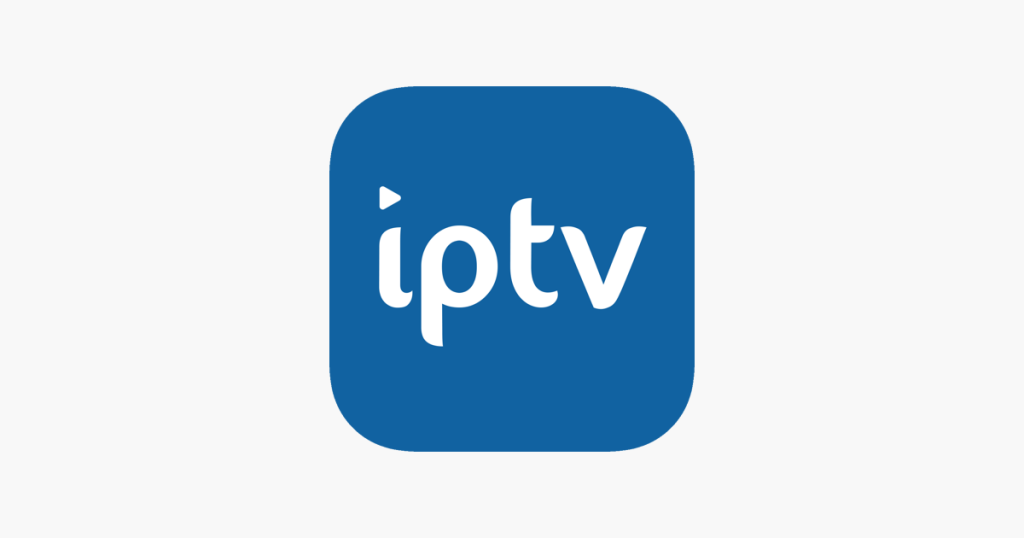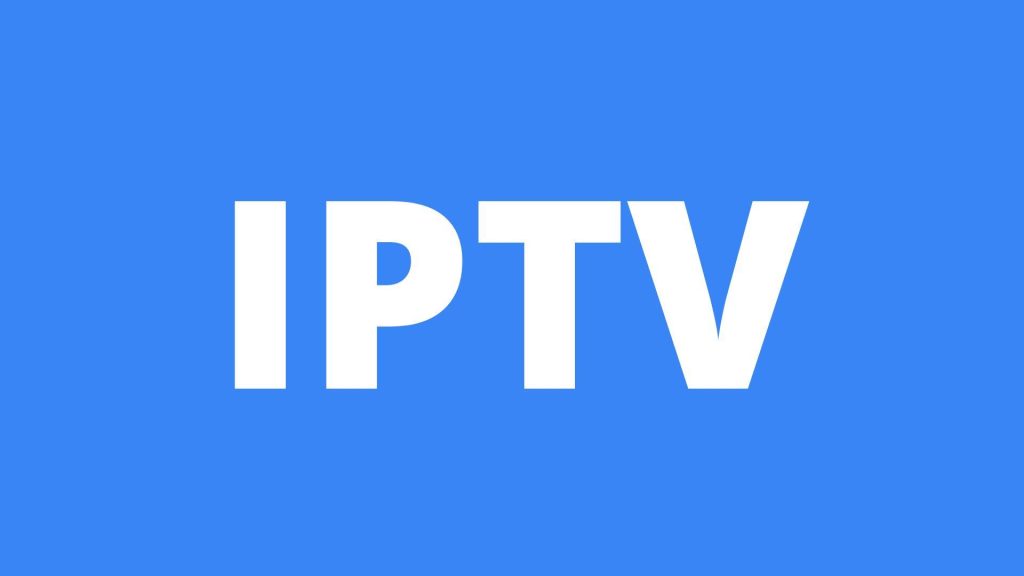Buffering, in the context of IPTV streaming, refers to the interruption in live streams where the picture occasionally pauses and then resumes. This disruption is commonly known as buffering. In IPTV, buffering serves to accelerate various tasks on your computer. If buffering isn’t the sole issue you’re experiencing, click here for troubleshooting other types of IPTV problems.
Buffering plays a crucial role in preventing lag during video streaming or ensuring smooth performance during graphics-intensive activities, such as playing video games on your desktop computer. It involves pre-loading data into a designated area of memory, known as a “buffer,” to facilitate quicker access by the GPU or CPU.
Although identifying the root cause of Best IPTV Service with No Buffering can be challenging, this article delves into the underlying factors contributing to Best IPTV Service with No Buffering and offers solutions for resolving it.

Some Reasons Why IPTV Buffers
- Internet Speed: Your internet needs to be fast enough for smooth streaming. If it’s too slow, your videos might pause or stop frequently.
- Home Network: When many devices are connected to your Wi-Fi, it can slow down. This can lead to interruptions in your streaming. Getting a good router that can handle lots of devices can help.
- Device Usage: Watching videos online uses your device’s power. If you have too many other programs running in the background, it might make your videos buffer. Closing unused programs can help fix this.
When too many people try to watch videos through the Best IPTV Service with No Buffering provider’s servers, it can overload them. This means the videos might take longer to reach your device, causing them to pause or buffer. Unfortunately, there’s nothing users can do except wait until the server’s workload decreases.
Popular posts
- Exploring the Benefits of Static IPTV: A Comprehensive Overview
- IPTV in the USA: The Ultimate Game-Changer for Television
- IPTV in the US: A Closer Look at the Cutting-Edge Technology
- IPTV in the US: Redefining the Streaming Experience | StaticIPTV
- Unveiling the Secrets of StaticIPTV: What You Need to Know
- Unbiased StaticIPTV Reviews: The Truth Revealed! | StaticIPTV.us
- The Secret to Enjoying IPTV 24/7 Customer Support | StaticIPTV.us
IPTV Service with No Buffering
IPTV buffering often happens due to three main reasons: slow internet, weak hardware, and overloaded servers. Here’s how to prevent it:
- Speedy Internet: Ensure you have a stable and fast internet connection. Slow speeds can cause buffering, especially with HD channels.
- Strong Hardware: Make sure your TV or media box can handle high-quality streams. Weak hardware may struggle with HD channels, leading to buffering.
- Server Load: Avoid buffering caused by overloaded servers. If many users are streaming simultaneously, the server might struggle. Consider using IPTV providers with reliable servers to minimize buffering.
Things to Do When Facing Unusual IPTV Buffering and Freezing
Any IPTV users can apply these techniques to fix lag issues.
- Restart the Wi-Fi:
- Sometimes, the Wi-Fi sends too much data, causing HD streams to lag on the TV. Restarting Wi-Fi helps refresh settings and cool down the device.
- Restart the TV/Firestick/Box:
- Set-top boxes like Shield Pro, Firestick, or any Android or Mag device run background apps and processes that use CPU and RAM. Continuous use or background app loads can overheat the CPU and GPU, slowing down the IPTV app. Restarting the device clears unnecessary processes. You can also close background apps through other means.
- Check the Internet Speed:
- Test your internet speed using apps available on the Firestick App store or Play Store. If your speed is below 40MBps, your IPTV may lag on HD channels.
- Popular speed testing apps include:
- Internet Speed Test App
- Analytics
- Fast.com (accessible from any browser like Firefox)
Final Tips for Optimal Streaming Experience:
For a smooth and uninterrupted IPTV streaming experience, follow these recommendations:
- Reliable Internet Connection: Ensure you have a stable internet connection with sufficient speed.
- Device Maintenance: Regularly maintain your streaming device by clearing cache and closing unnecessary apps to improve performance.
- Keep Software Updated: Keep your IPTV app and streaming device firmware updated to benefit from enhancements and bug fixes.
- Seek Supplier Assistance: If you continue to experience buffering and freezing issues, contact your IPTV supplier for further assistance and guidance.
By following these steps and considering these recommendations, you can enhance your IPTV streaming experience and enjoy seamless entertainment.
Recent Posts
- Discover the Best IPTV Subscription Services for an Unmatched Viewing Experience | StaticIPTV.us
- Unlock Premium IPTV Entertainment | StaticIPTV.co.uk
- How to Find the Right IPTV Provider for Your Home Entertainment Setup | StaticIPTV.us
- Install Iptv Smarters Pro On Firestick: A Step-By-Step Guide
- The Ultimate Guide to Choosing a Premium IPTV Service | StaticIPTV.us
- How to Find Reliable IPTV Providers for High-Quality Streaming | StaticIPTV.us
- How To Install Kodi On Firestick 2024
Frequently Asked Questions
How to Stream Without Buffering?
To stream without buffering, ensure you have a stable and fast internet connection. Close unnecessary apps and devices connected to your network, and consider using an Ethernet connection for better stability. Additionally, choose lower quality settings if your connection is not strong enough for high definition streaming.
Why Is My IPTV So Slow?
Your IPTV may be slow due to various reasons, including a weak internet connection, overloaded servers, or outdated firmware on your streaming device. Check your internet speed, close background apps, and update your IPTV app and device firmware to improve performance.
Is It OK to Use IPTV Without VPN?
While it’s technically possible to use IPTV without a VPN, it’s not recommended for privacy and security reasons. Without a VPN, your internet activities are exposed to potential monitoring by your ISP and other third parties. Using a VPN encrypts your internet traffic, providing privacy and security while streaming IPTV.

